Harnessing Open-Source Intelligence for Palestinian Liberation

Open-source intelligence is changing the way information is shared across the world. While increasingly credited as a means to expose war crimes and human rights violations, it is also being used as a tool for entrenching state oppression. In this policy brief, US Policy Fellow Tariq Kenney-Shawa examines the revolutionizing technology and offers recommendations for how to harness it for Palestinian liberation.
Dismantling Abbas’s Rule over the Palestinian Judiciary
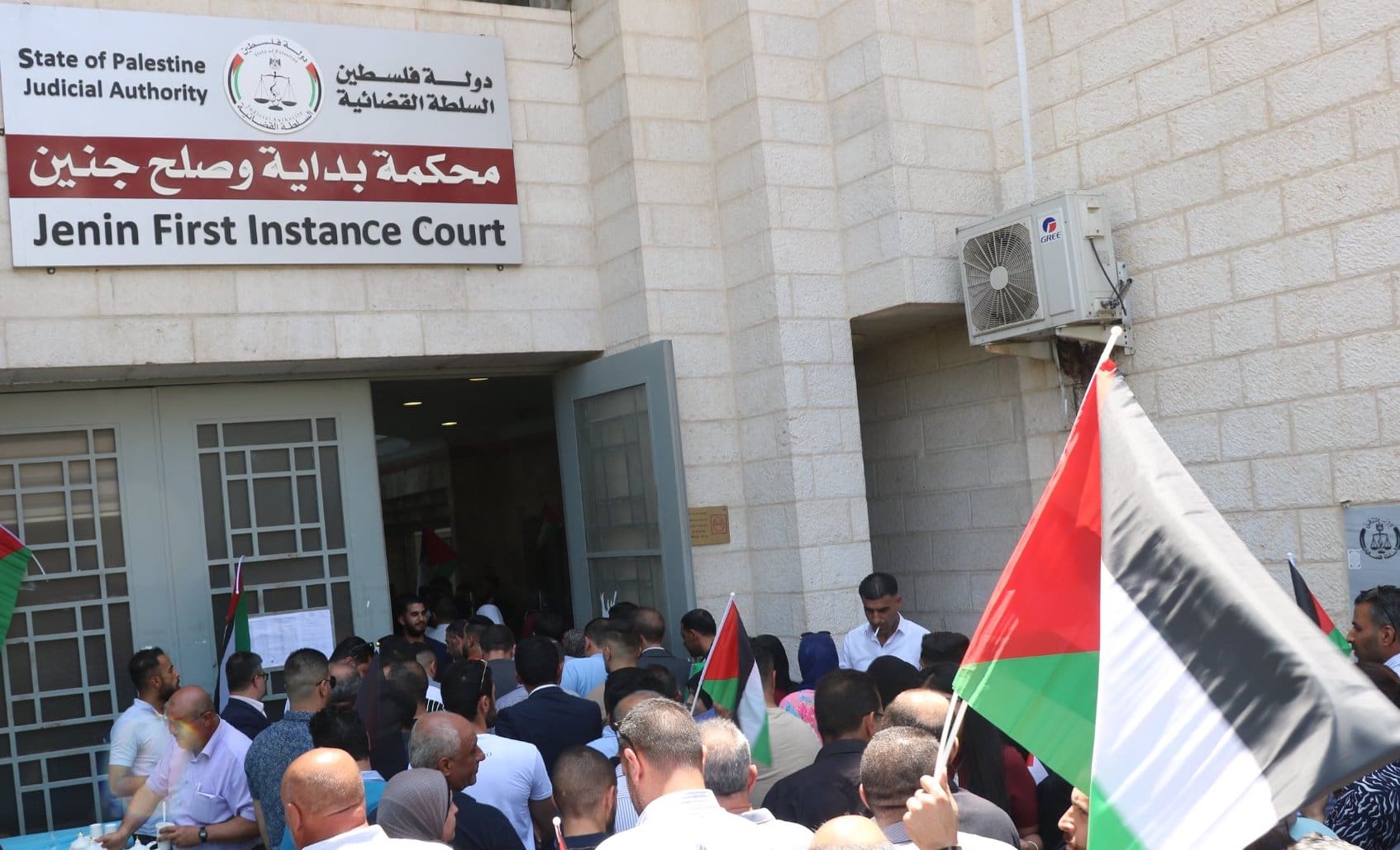
In October 2022, PA President Mahmoud Abbas issued a decree ordering the establishment of the Supreme Council of Judicial Bodies and Authorities that he would head. Through this and other decrees, Abbas and the ruling elite entrench the domination of the executive authority over the judiciary. Al-Shabaka policy analyst 24398 examines these decrees and offers recommendations for confronting them.
Confronting Energy Poverty in Gaza
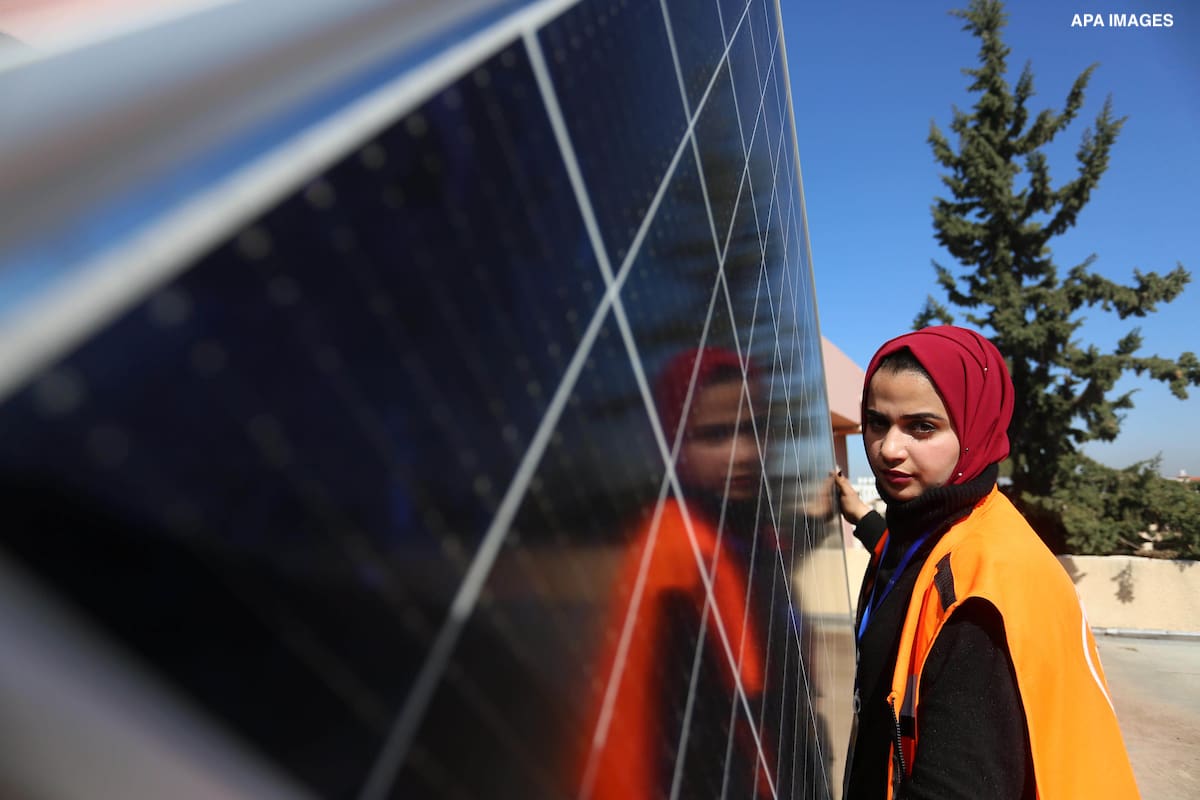
Palestinians in Gaza are suffering from a worsening energy crisis due to the Israeli regime’s ongoing siege. As a result, they have adopted different coping strategies, including solar energy technology to offset electricity shortages. Al-Shabaka policy analyst and 2022 Visiting Gaza Fellow 24379 examines this reality, and offers recommendations for Palestinian leadership and stakeholders to promote Palestinian economic self-determination in Gaza.
Shrinking the Conflict: Debunking Israel’s New Strategy

Since 2021, Israeli leaders have proposed a new series of economic policies under the approach of “shrinking the conflict.” This strategy aims to afford Palestinians more economic opportunities and so-called freedoms as a way to sustain the Israeli occupation. In this policy brief, Al-Shabaka policy analyst 24583 debunks the framework and explains why Palestinians will not be pacified with economic incentives.
Challenging Anti-Boycott Legislation in the US
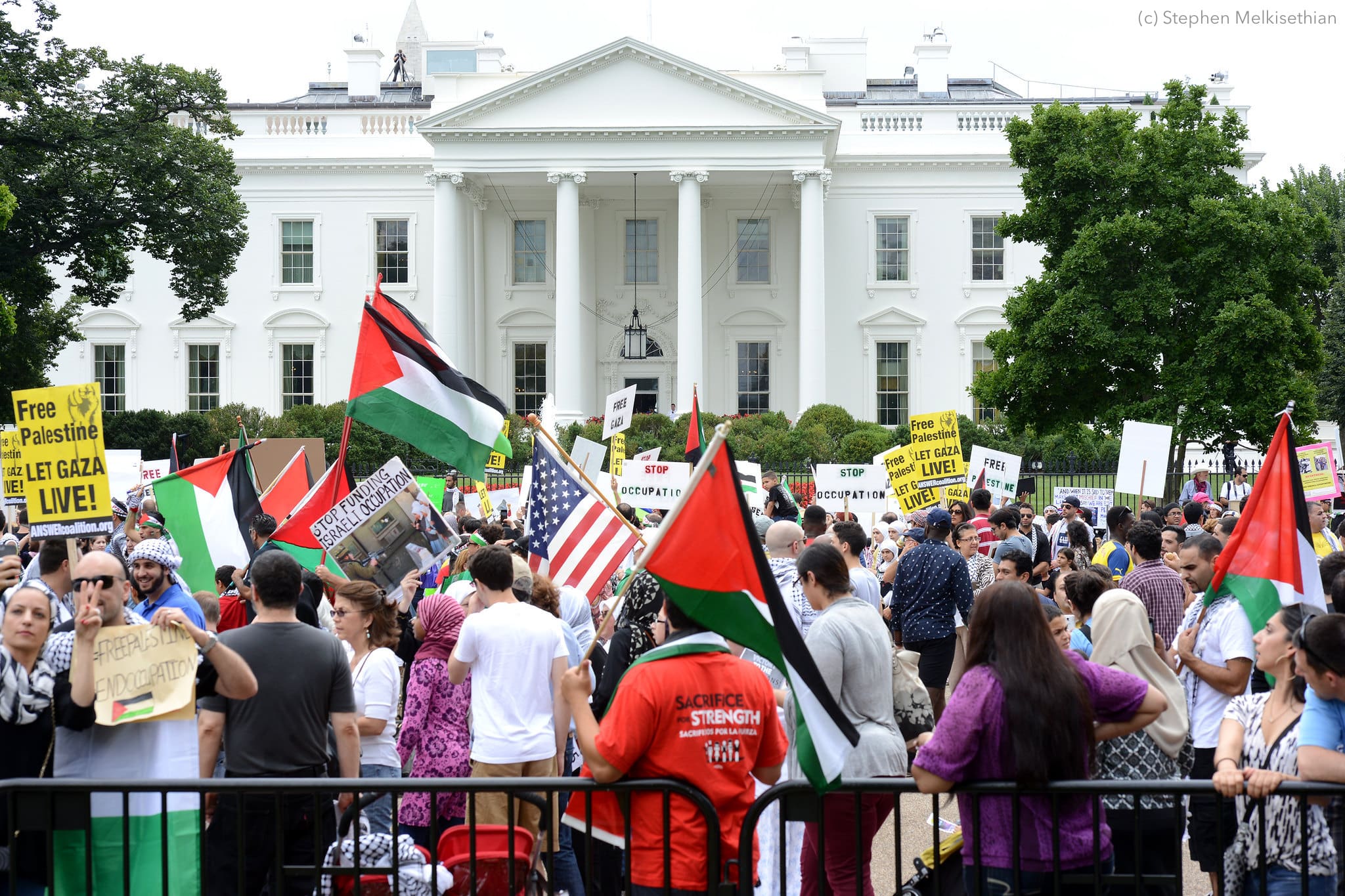
The Israeli regime’s defenders across the US are ramping up efforts to criminalize the constitutionally protected right to boycott. Beyond violating the rights of Palestine solidarity activists, this threatens to undermine the tenets of a healthy democracy. Al-Shabaka’s US Policy Fellow, Tariq Kenney-Shawa, examines this development and suggests what lawmakers, civil society organizations, and concerned citizens should do to challenge it.
The Case for Palestinian Nationality
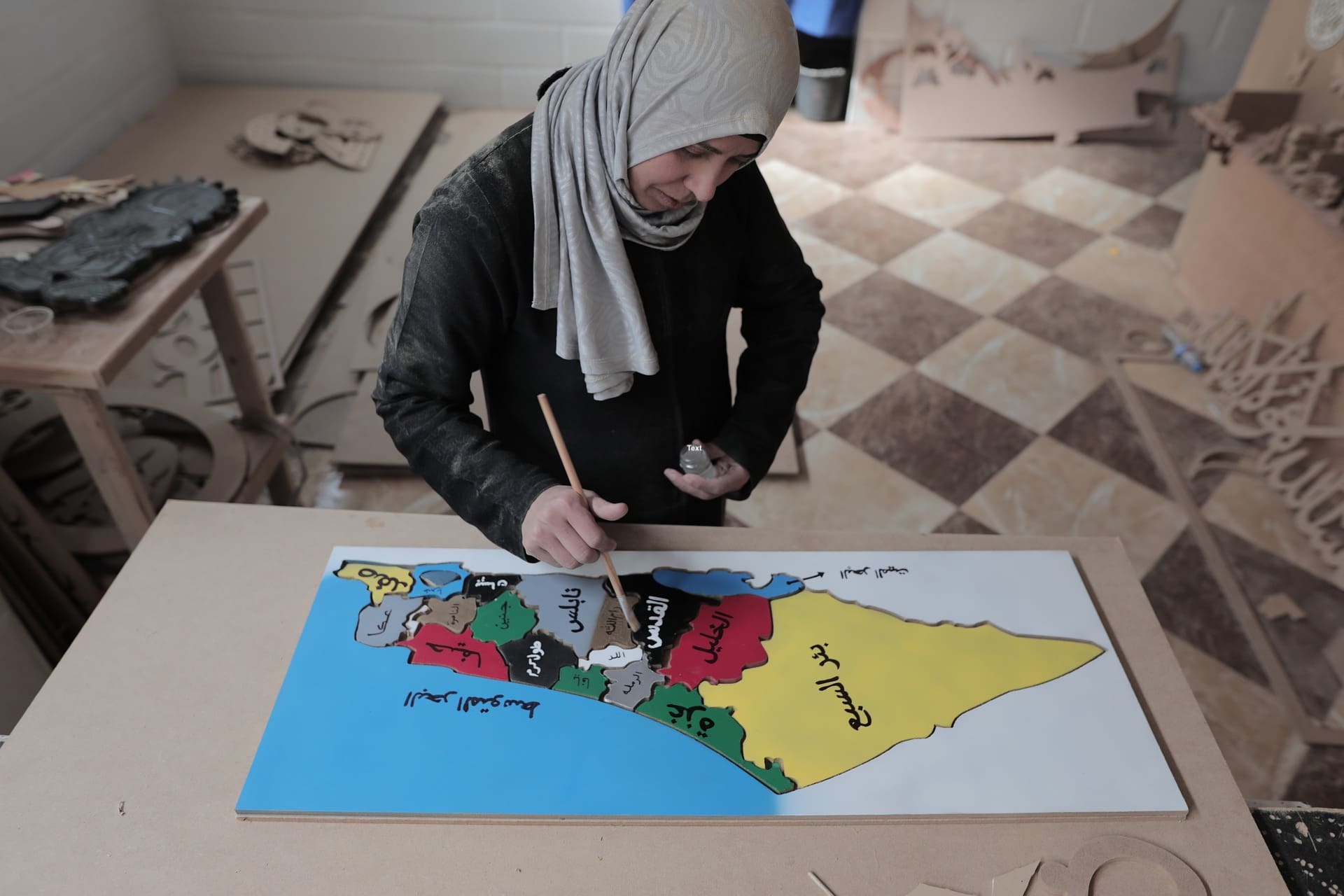
Exiled Palestinians’ right to Palestinian nationality is protected under international law, irrespective of racist Israeli apartheid policies. How can Palestinians and their leadership in the diaspora activate this right through different legal and political channels? Al-Shabaka’s Commissioning Editor 24503 offers recommendations for how to secure exiled Palestinians their rights to and in Palestine, from wherever they may be.
The Prison Intifada: Supporting Palestinian Administrative Detainees
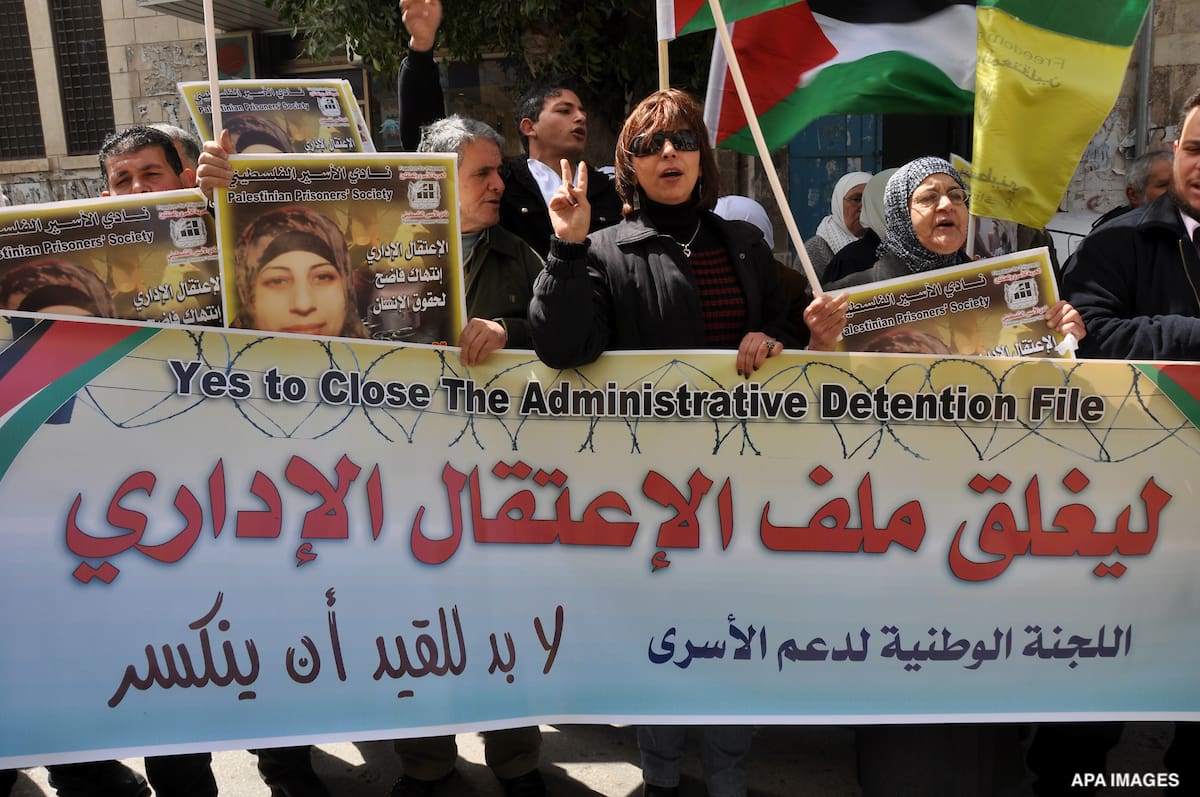
Administrative detention is central to the Israeli regime’s attempts to suppress Palestinian mobilization. Al-Shabaka policy analyst Basil Farraj shows how Palestinian administrative detainees have continuously resisted this policy and demanded an end to its widespread and arbitrary use. He offers recommendations to Palestinian civil society organizations, national stakeholders, and solidarity groups for how to support the ongoing Palestinian prison intifada.
Palestinian Bedouins in the E-1 Corridor: A Critique of Donor Aid
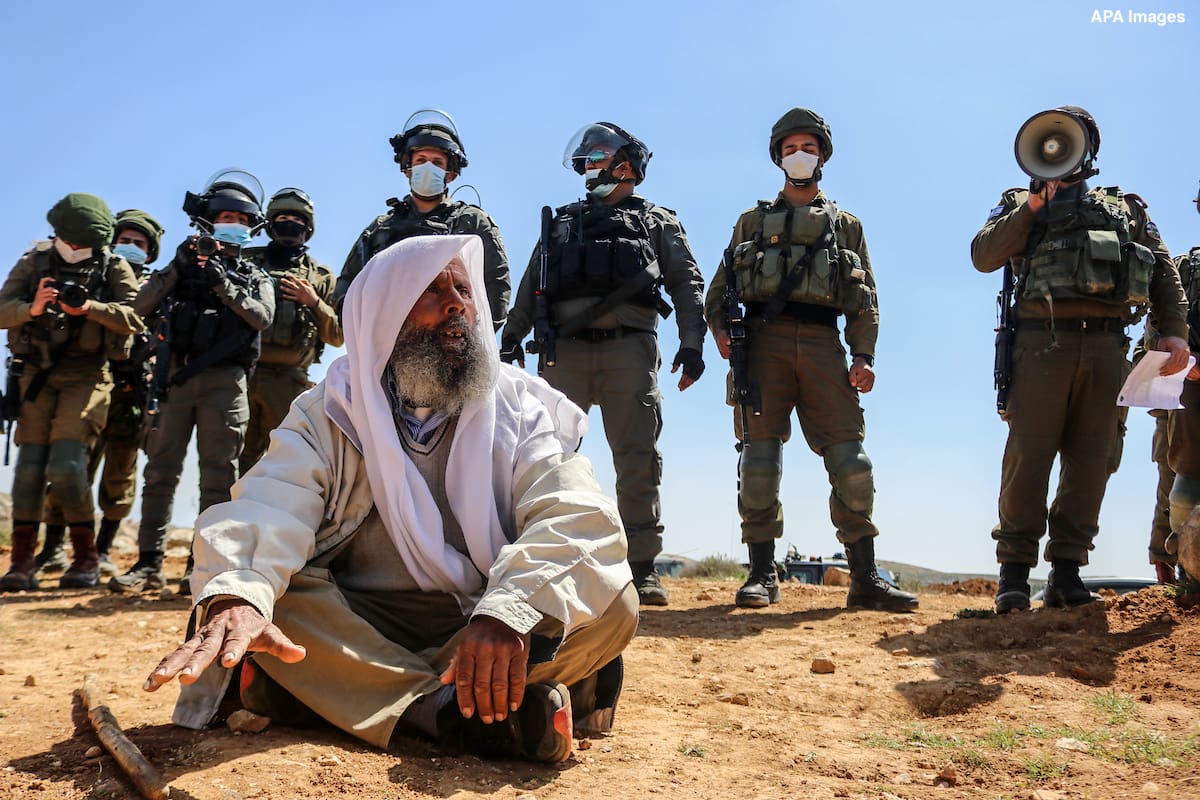
Donor aid has failed to protect Palestinian Bedouin communities in the E-1 corridor from the Israeli regime’s oppressive policies. Al-Shabaka policy analyst 24571 and guest author 24524 show how aid programs in E-1 actually entrench Israeli apartheid. They offer recommendations to donor states, Palestinian civil society organizations, and national stakeholders for how to secure the rights of these communities.
Criminalizing Palestine Solidarity Activism in the UK
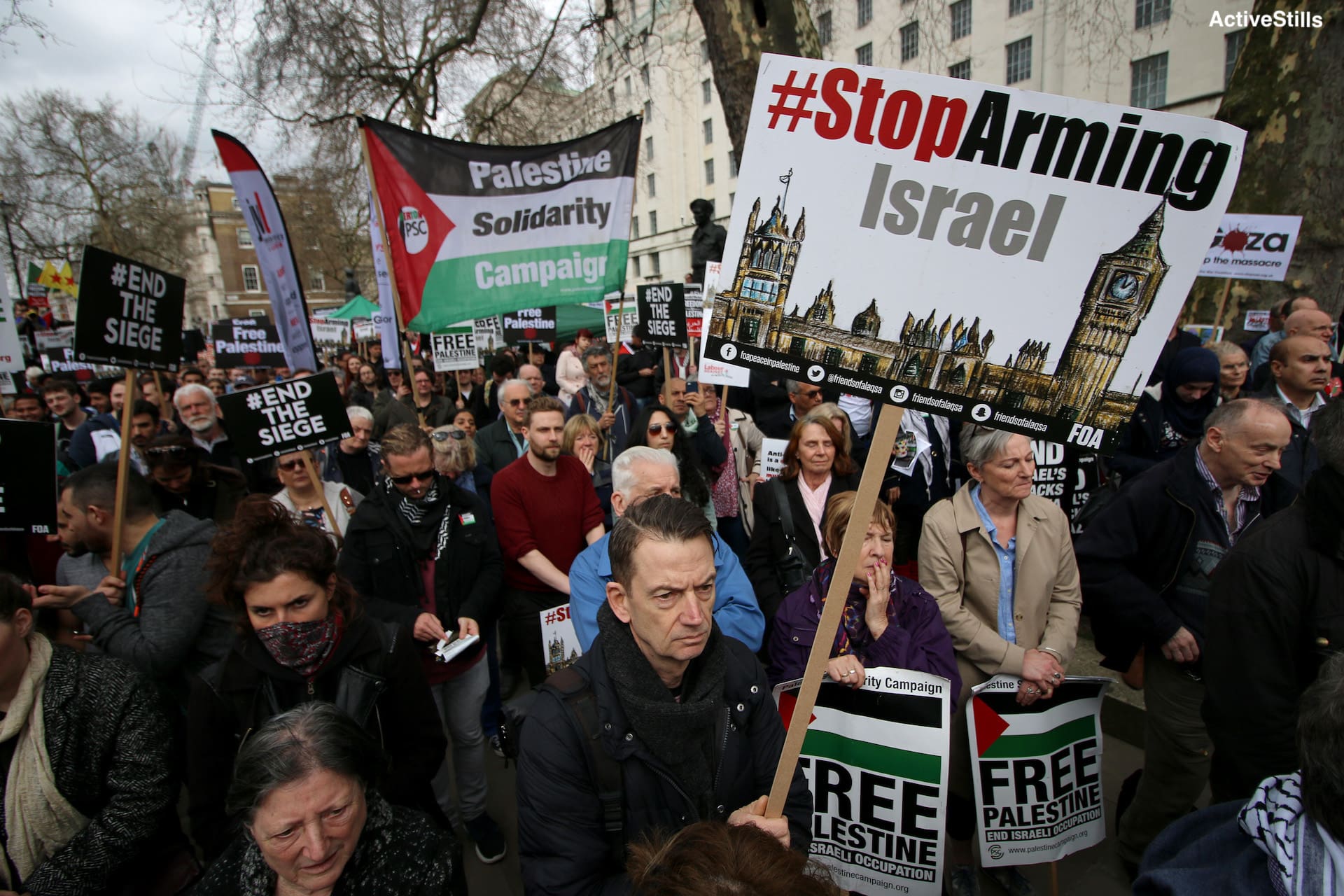
A new wave of repressive UK government policies aims to suppress protest and political expression, posing a direct threat to Palestine solidarity work. Al-Shabaka’s senior policy analyst, 24588, locates this latest crackdown within Britain’s enduring support for Zionism, and shows how only in broad, intersectional alliances can social justice activists effectively repel state-led repression.






